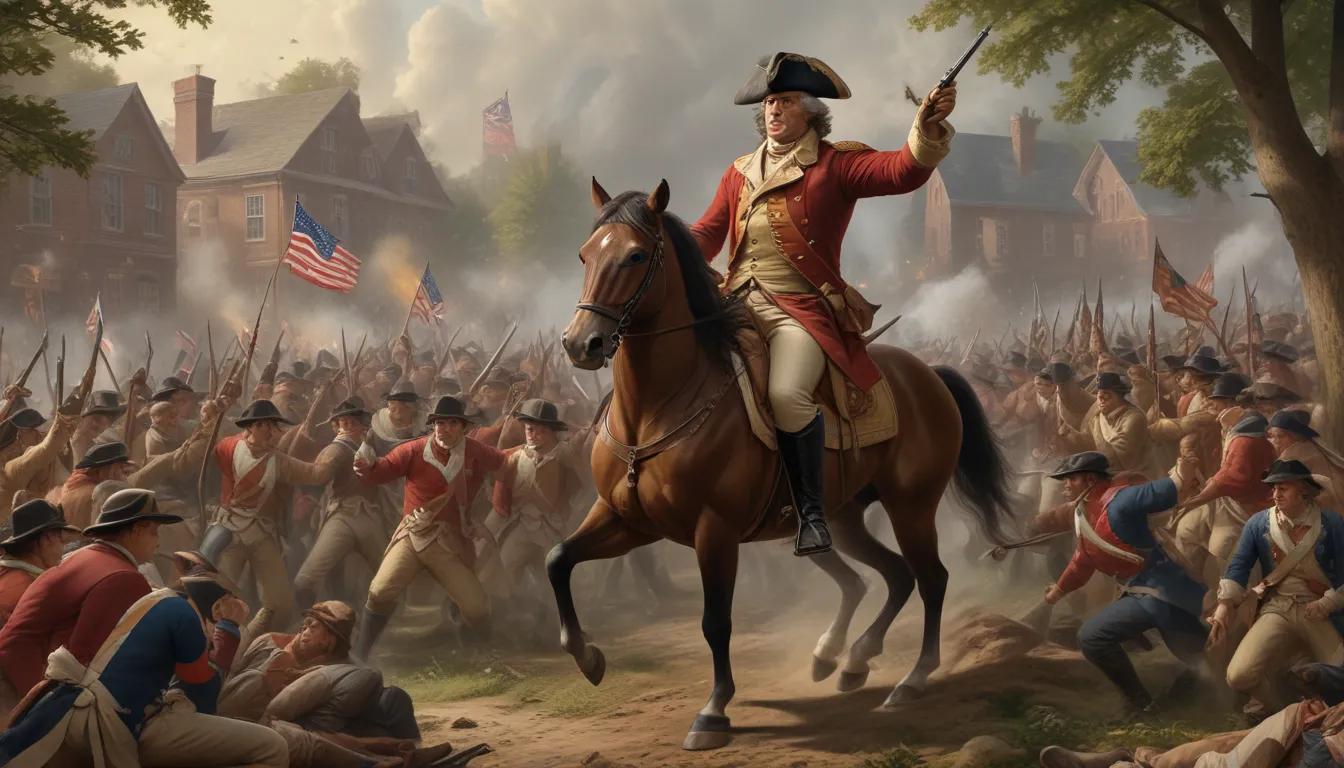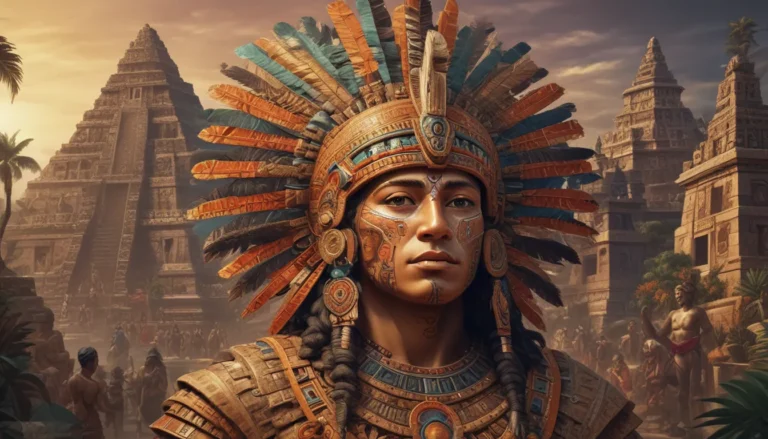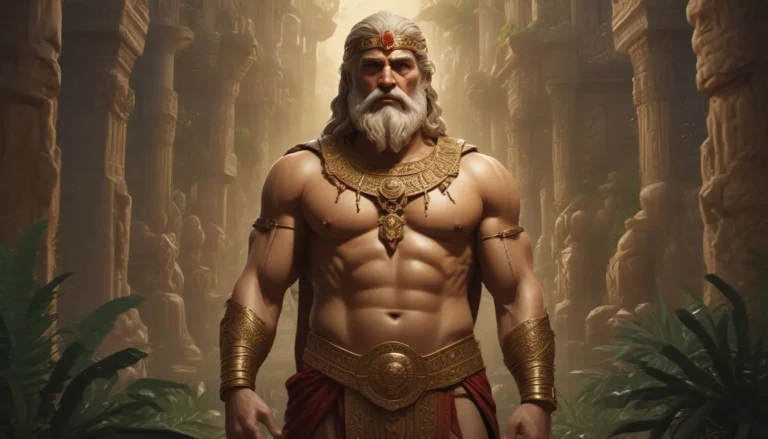The images in our articles may not match the content exactly. They are used to grab your attention, not to show the exact details in the text. The images complement the text but do not replace it.
Are you curious about the stories, heroes, and pivotal moments that defined the birth of the United States? The American Revolution is a tale of bravery, strategy, and the relentless pursuit of independence. It’s not just a chapter in history; it’s a saga that continues to inspire and resonate with us today. Join us on a journey back in time as we uncover the 17 best American Revolution facts that will leave you amazed, enlightened, and perhaps a little more patriotic. Let’s dive into the rich tapestry of America’s fight for freedom and discover the enduring legacy of this revolutionary era.
The Spark That Ignited the Revolution
The American Revolution was a watershed moment that transformed the landscape of freedom and self-governance. It began on April 19, 1775, with the battles of Lexington and Concord, marking the start of a fierce struggle between the thirteen American colonies and British rule. What started as tensions and skirmishes grew into a full-scale war for independence, reshaping the destiny of a nation.
Key Figures of the Revolution
Throughout history, certain individuals stand out for their leadership, courage, and vision. The American Revolution was no exception, with remarkable figures whose contributions were instrumental in shaping the course of events.
- George Washington: Known as the father of the nation, Washington served as the commander-in-chief of the Continental Army. His leadership and strategic prowess were pivotal in securing American independence.
- Thomas Jefferson: The author of the Declaration of Independence, Jefferson boldly proclaimed the colonies’ separation from Britain and asserted their right to self-governance on July 4, 1776.
Revolutionary Battles and Strategies
The American Revolution was not just a series of clashes; it was a test of wills, strategies, and resilience. From key battles to unconventional tactics, every move had the potential to tip the scales in favor of freedom.
- Battle of Saratoga (1777): Considered the turning point of the revolution, the American victory at Saratoga convinced France to support the colonies, ultimately leading to independence.
- Guerrilla Warfare: American forces employed guerrilla tactics, emphasizing mobility and surprise attacks, which caught the British off guard and contributed to strategic victories.
The Role of International Allies
The American Revolution was a global affair, with foreign powers playing a decisive role in the colonies’ fight for freedom. Support from allies proved to be a game-changer in the struggle against British dominance.
- France: A key ally, France provided military aid, financial support, and crucial naval assistance that helped secure victory, notably at the Battle of Yorktown in 1781.
- Spain and the Dutch Republic: These nations also supported the American cause, offering loans and naval resources that strained British forces and boosted colonial morale.
Life During the Revolution
The American Revolution brought about profound changes in the lives of people across the colonies. From women assuming new roles to slaves seeking freedom, the war touched every aspect of society.
- Women’s Roles: Women took on new responsibilities, managing farms and businesses while men fought in the war. Some, like Deborah Sampson, even disguised themselves as men to join the fight.
- Slavery: Despite the revolutionary ideals of freedom, slavery persisted in America. However, the promise of emancipation for service inspired some slaves to seek liberty, aligning their fate with the cause of independence.
The Treaty of Paris and American Independence
The conclusion of the American Revolution came with the signing of the Treaty of Paris in 1783. This pivotal moment not only recognized American independence but also laid the groundwork for a new nation and its place in the global community.
- Treaty of Paris: The treaty affirmed American independence, established borders, and addressed issues such as fishing rights and the restitution of property to Loyalists.
- Negotiations: Conducted in secret, the negotiations for the Treaty of Paris saw American diplomats outmaneuvering their British counterparts to secure favorable terms for the United States.
The Legacy of the Revolution
The impact of the American Revolution reverberates through the annals of history, shaping the principles of democracy, governance, and human rights around the world.
- Republicanism: The revolution introduced the concept of a republic, where power derives from the people—a departure from European monarchies.
- Peaceful Transfer of Power: The principle of peaceful transitions of power, a hallmark of American democracy, was established in the wake of the revolution.
- Civil Rights: While initially exclusive, the Declaration of Independence laid the groundwork for future civil rights movements, advocating for equality and liberty.
- Global Influence: The ideals of liberty and self-determination inspired revolutions worldwide, ranging from the French Revolution to movements in Latin America.
- Written Constitution: The United States’ use of a written constitution set a precedent for modern democracies, emphasizing the rule of law and government accountability.
- National Identity: The American Revolution fostered a sense of unity among the colonies, laying the foundation for the nation’s emergence as a global power.
Unveiling Revolutionary Facts
Delving into the depths of the American Revolution reveals tales of valor, brilliance, and defining moments that shaped a nation. From clandestine spies to decisive battles, each fact underscores the complexity and resilience of those who fought for freedom. These 17 captivating insights not only enrich our understanding of history but also illuminate the enduring spirit that defines America. As we reflect on these moments, let’s honor the past and recognize its enduring influence on the present and future. History is not just a timeline of events; it’s a narrative of people, choices, and legacies that continue to inspire generations.
What do you think?
Our dedication to delivering accurate and engaging content is at the core of our mission. Each fact on our platform is contributed by users like you, ensuring a diverse array of insights and perspectives. Our editors meticulously review every submission to maintain the highest standards of credibility and authenticity. Explore and learn with confidence, knowing that our commitment to quality and reliability is unwavering.






